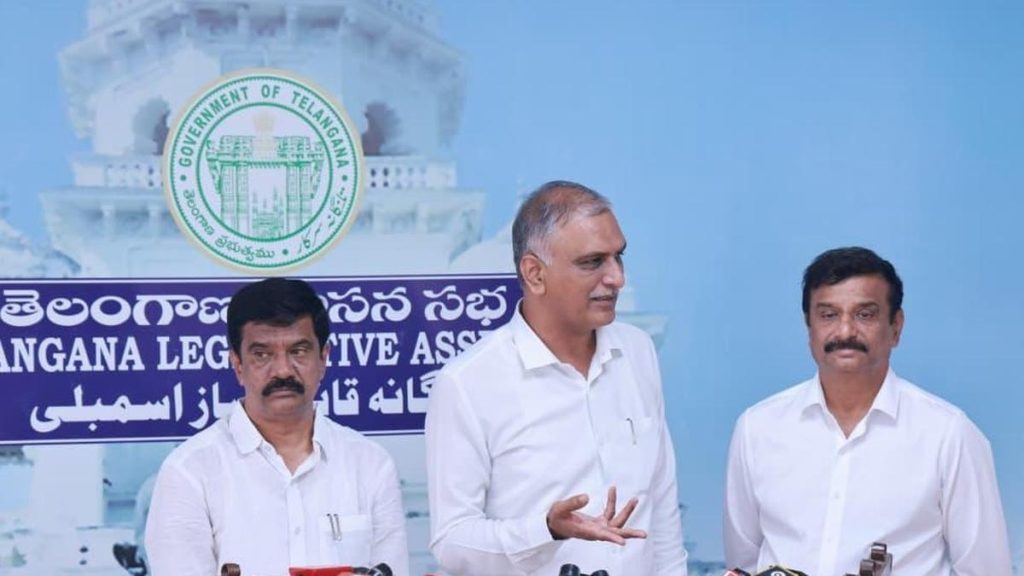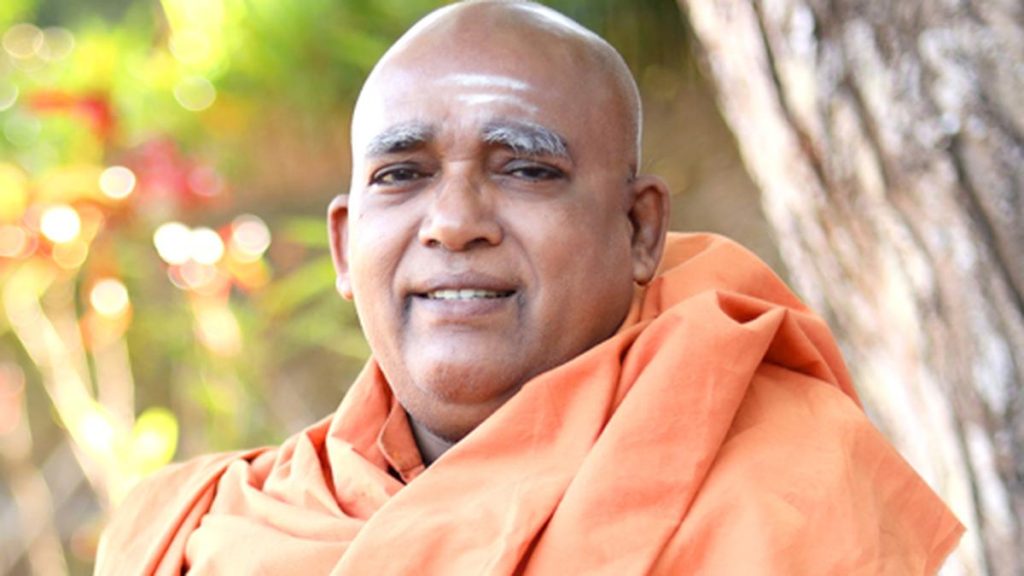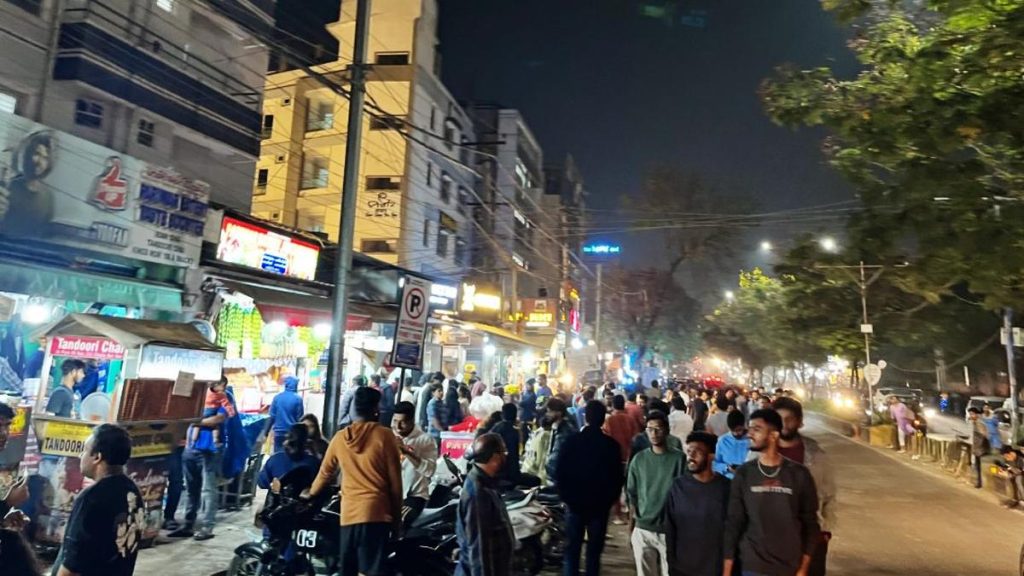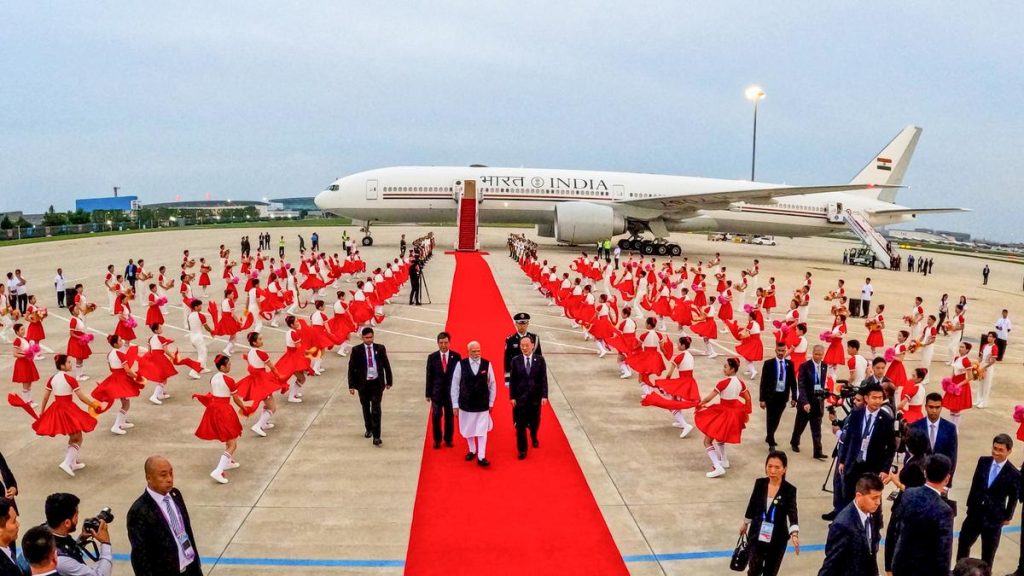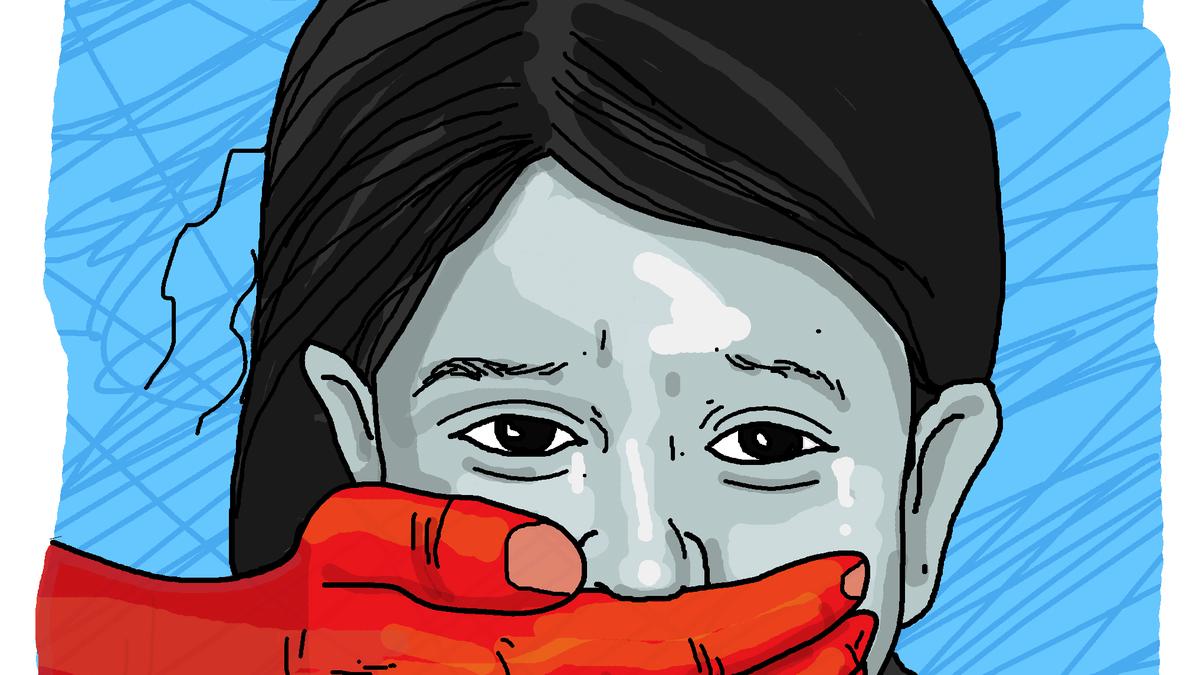Now Reading: Finance Minister Sitharaman Urges Unity for NDA in Tamil Nadu
-
01
Finance Minister Sitharaman Urges Unity for NDA in Tamil Nadu
Finance Minister Sitharaman Urges Unity for NDA in Tamil Nadu
Quick Summary
- Union finance Minister Nirmala Sitharaman called for the united functioning of the National Democratic Alliance (NDA) in Tamil Nadu to achieve a regime change in the 2026 Assembly polls.
- She made this appeal during an event marking the 24th death anniversary of G.K. Moopanar, founder of Tamil Maanila Congress (Moopanar).
- Emphasizing transformation, she cited demands from Tamil Nadu citizens for change regarding societal issues like drug and alcohol abuse.
- Ms. Sitharaman hailed Moopanar as a leader of national stature and criticized unnamed political groups for blocking his chance to become Prime Minister, calling it a betrayal of Tamils.
- AIADMK’s Edappadi K.Palaniswami and TMC (Moopanar)’s G.K. Vasan also highlighted Moopanar’s contributions while underlining coordinated efforts needed for regime change in 2026 polls.
- Other notable leaders paying tribute included Nainar Nagendran (BJP tamil Nadu president), K. Annamalai (former BJP state president), A.C Shanmugam, ravi Pachamuthu, L.K Sudhish,among others.
- Ms. Sitharaman participated in welfare programmes at G.K Moopanar Memorial and paid tributes to former Chief Minister Kamaraj at Guindy and also late Governor La Ganesan.
Indian Opinion Analysis
The call by Nirmala Sitharaman advocating unity within the NDA coalition reflects an increasing focus on projecting strength ahead of crucial elections in Tamil Nadu in 2026-most likely one where alliance dynamics could play a pivotal role against established political rivals like DMK-led coalitions.Her reference to societal challenges such as substance abuse serves both as acknowledgment of pressing local concerns and strategy framing coalition goals beyond electoral politics.
meanwhile, her comments on G.K Moopanar’s thwarted Prime Ministerial opportunity aim to underscore alleged neglect or betrayal towards Tami-centric aspirations-a narrative with potential social resonance amidst ongoing debates about identity politics within national frameworks.
The event also served as a platform where multiple opposition parties discussed building momentum toward organizational cohesion across varying ideological spectrums-a critical factor when countering longstanding incumbency effects like those seen under DMK rule.


